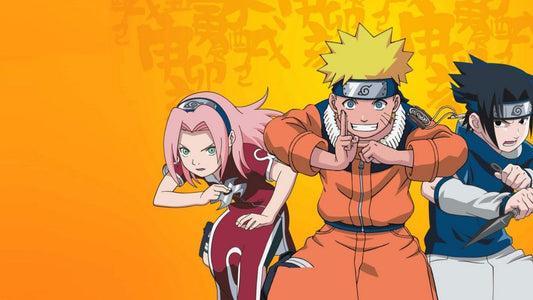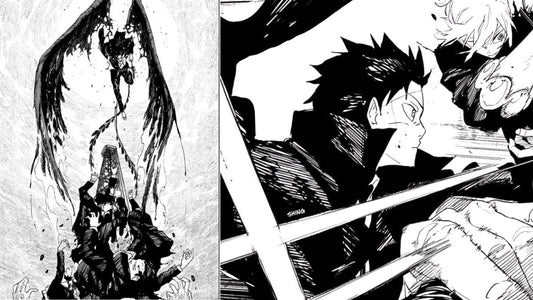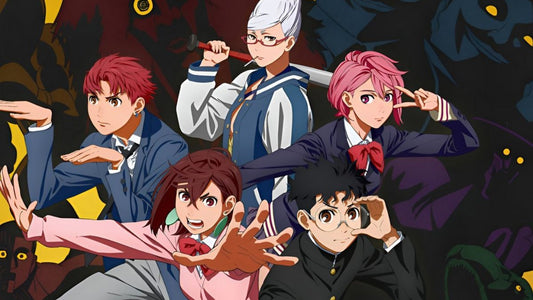
Hirohiko Araki Sounds Alarm on AI Threats to Authentic Manga Creation
Jared JohnsonShare
In the ever-evolving landscape of the manga and anime industry, technology continues to play a pivotal role. One of the most controversial advancements in recent years is AI-generated art, which has sparked a range of discussions among artists and creators. This issue has caught the attention of none other than Hirohiko Araki, the renowned creator of JoJo's Bizarre Adventure. Araki warns about the societal challenges posed by AI-generated artworks and the ramifications it might have for future generations of artists.
The AI Threat in the Manga Industry
Araki's Disturbing Encounter
In his book, New Manga Techniques, Hirohiko Araki discusses the growing sophistication of AI-generated art and its potential effects on the manga industry. Shockingly, Araki recounts an instance where he mistook an AI-generated piece for his own work. This experience highlighted the fine line between human and AI-generated art. Araki's anecdote serves as a stark warning about the potential threat AI poses to the authenticity and personal touch that have always been hallmarks of the manga.
A Crisis for Creativity
AI art generators, such as Canva, OpenArt, and MIMIC, enable users to produce images that emulate existing styles. For Araki, the disturbing realization was that the AI not only replicated his intricate drawing style but also incorporated subtle personal elements unique to his technique. This ability of AI to mimic with such precision raises concerns about its application in the industry, particularly when it comes to exploiting the creative work of living artists without proper acknowledgment or compensation.
The Broader Implications
A World of Exploitation
Araki foresees a future where AI-generated art could lead to an "increasingly shady world" dominated by fraud and deceit. The possibility of scammers exploiting AI technology is a real concern. As Araki mentions, art is a reflection of its times, and the emergence of this technology could mirror a future where fraud becomes more prevalent not only in the artistic domains but across society.
A Call for Protections and Regulations
Araki's concerns reverberate with many artists, like Love Hina creator Ken Akamatsu and horror manga legend Junji Ito, who fear the potential misuse of AI art. While Araki acknowledges that legal frameworks could offer a solution to protect artists' rights, he remains wary of the ability of "con artists" to manipulate these systems to their advantage. There is a pressing need for artists to actively manage their copyright and related rights, a sentiment echoed by Araki, who emphasizes the significant risks for those who overlook this aspect.
The Path Forward
As AI technology continues to mature, the challenge of differentiating between human creativity and machine production will become even more arduous. Hirohiko Araki's insights act as a catalyst for conversations within the manga and anime communities about the ethical use of AI. In response to such challenges, the industry must contemplate developing robust legal protections and guidelines to preserve the integrity of creative works and ensure that artists receive the recognition and respect they deserve.
The release of Araki's New Manga Techniques serves not only as a guide for aspiring artists but also as a call to the industry and society at large to reckon with the ethical implications of AI as it becomes more integrated into artistic production.



